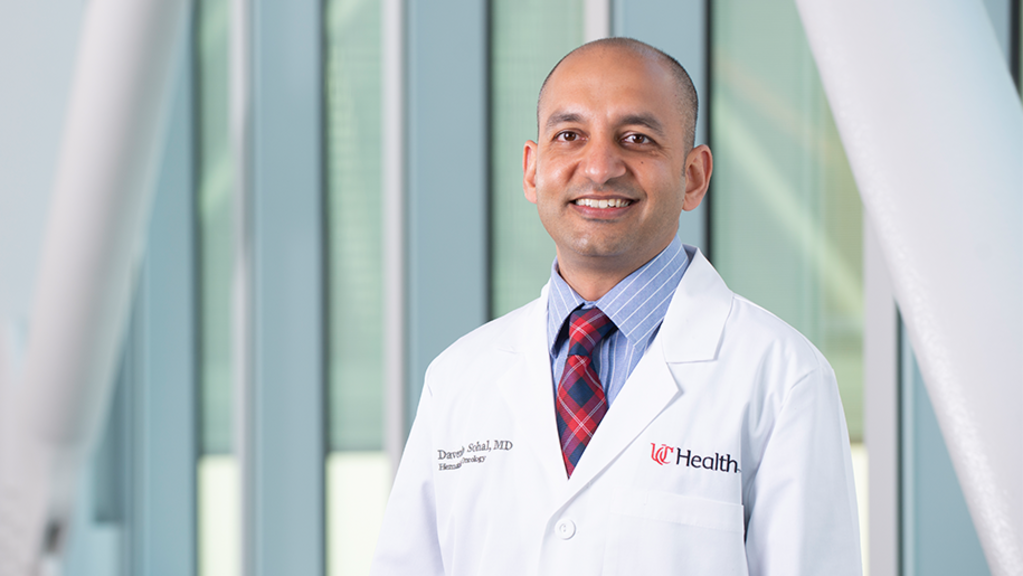Current Status of Research
CAR T-cell therapy for solid tumors is a rapidly evolving field, with ongoing research and clinical trials aiming to determine the safety, efficacy, and broader applicability of this innovative treatment. Here’s an overview of the current status:
- Experimental Stage: CAR T-cell therapy for solid tumors is still largely in the experimental phase. While progress has been significant, these therapies are not yet widely available outside of clinical trials. Researchers are working to refine the approaches and demonstrate their effectiveness through rigorous testing.
- Clinical Trials: Numerous clinical trials are underway to evaluate CAR T-cell therapies for various solid tumors. These trials are essential for understanding how well these therapies work in humans, their potential side effects, and how they compare to existing treatments.
- Patient Considerations: For patients interested in CAR T-cell therapy, participating in clinical trials may be the best option to access these cutting-edge treatments. It is important for patients and caregivers to discuss current options and potential clinical trial opportunities with their care team to make informed decisions about their treatment plans.
- Advancements and Innovations: Researchers are continuously making strides in enhancing CAR T-cell therapy, including developing new targets, improving CAR T-cell persistence, and exploring combination therapies. These advancements aim to overcome the challenges associated with treating solid tumors and bring effective options to patients.
Here at the University of Cincinnati Cancer Center, we were chosen as one of the first sites in the world for a new trial testing whether CAR-T therapy could work against solid tumors, which could give hope to patients who have exhausted all other options.
“We have excellent expertise in doing clinical trials and cell therapies and building on our blood cancer experience to take it to the next level, which is solid tumors,” says Dr. Sohal.
Overall, while CAR T-cell therapy for solid tumors holds great promise, it is essential for ongoing research to validate its effectiveness and establish protocols for its safe and effective use in a broader patient population.




